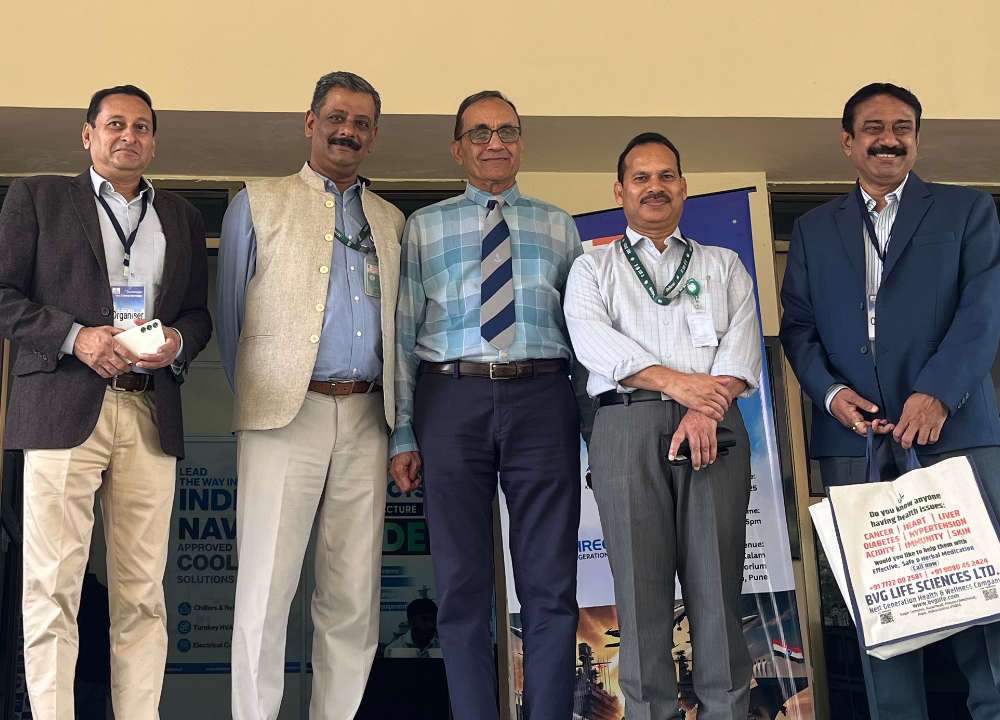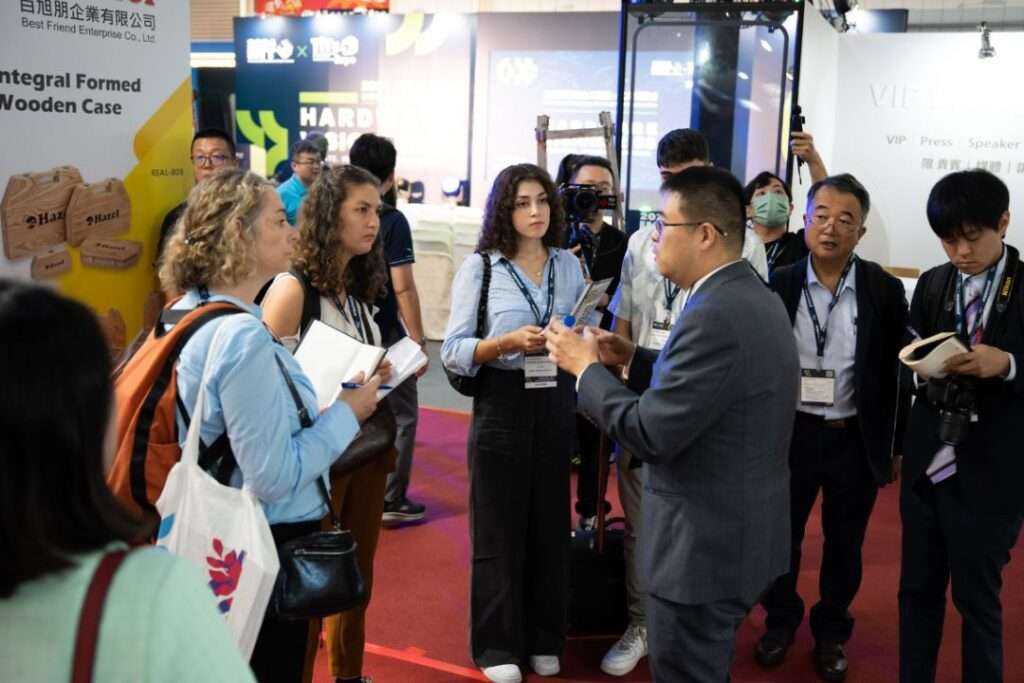The government is poised to significantly increase its disbursement under the Production-Linked Incentive (PLI) schemes in the current fiscal year, potentially doubling it to Rs 15,000 crore. This would represent a more than twofold increase compared to the Rs 6,800 crore allocated to various sectors in the fiscal year 2023-24. As of the end of May, official figures indicate that the total investments under the PLI schemes have reached Rs 1.3 trillion.
The PLI programs, which were introduced in 2021, span 14 different sectors. However, as of March 2024, only Rs 9,721 crore, or a mere 5% of the allocated Rs 1.95 lakh crore in incentives, had been distributed. To address the slow disbursement, the government is revamping the PLI schemes by easing the conditions for releasing funds.
Instead of the previous annual distribution schedule, applications for incentive payments can now be submitted on a quarterly basis. For the fiscal year 2024-25, the projected disbursement of incentives stands at Rs 14,837 crore. Of this amount, a substantial portion, Rs 6,044 crore (or 41%), is expected to be allocated to the large-scale electronics manufacturing sector, primarily mobile phone manufacturers.
The telecom and networking product sector is anticipated to receive Rs 3,434 crore (23%), while pharmaceutical companies are projected to get around Rs 2,000 crore (13%). Additionally, four sectors—automobiles and auto components, advanced chemistry cells, textile products, and specialty steel—are set to receive incentives for the first time in this fiscal year.
To qualify for these incentives under the PLI schemes, companies must meet several criteria, including investment thresholds, production targets, localization requirements, and incremental sales achievements. However, a significant challenge facing the PLI schemes is the complex procedure involved in claiming incentives.
For instance, in the automotive and telecom equipment PLIs, products must undergo testing against mandatory standards set by administrative departments that currently lack the necessary resources to handle these requirements effectively. By May 2024, companies had invested approximately Rs 1.28 lakh crore across all PLI schemes, which is about 43% of the total Rs 3 lakh crore they had committed.
These investments have led to an increase in sales and production totaling over Rs 10.81 lakh crore and have created 548,000 direct jobs, with an additional 291,000 indirect jobs. Among the top investors under the PLI schemes are pharmaceutical companies, which have invested Rs 29,482 crore against a target of Rs 18,385 crore by FY25.
Other major investors include those in high-efficiency solar PV modules (Rs 29,233 crore), the automobile and auto components sector (Rs 17,896 crore), specialty steel (Rs 15,520 crore), and large-scale electronics (Rs 8,290 crore). Conversely, sectors such as textiles are lagging in terms of investment.








